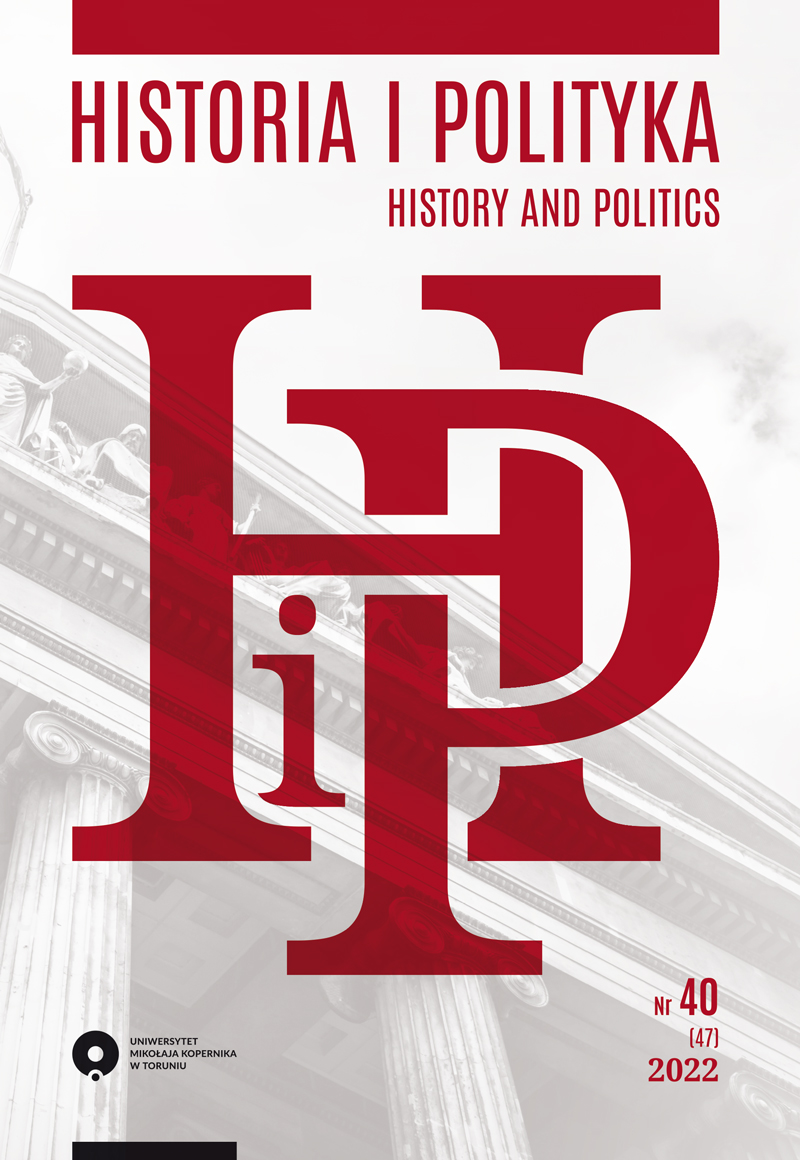Social Integration Processes of the Roma in Montenegro in 2006–2017
Social Integration Processes of the Roma in Montenegro in 2006–2017
Author(s): Yuliia SamoilenkoSubject(s): EU-Approach / EU-Accession / EU-Development, Ethnic Minorities Studies, Asylum, Refugees, Migration as Policy-fields
Published by: Wydawnictwo Naukowe Uniwersytetu Mikołaja Kopernika
Keywords: EU; Montenegro; NATO; Roma people; integration; language; census; minorities; population; socialisation;
Summary/Abstract: The article reveals the processes of social integration of the Roma in Montenegro in 2006–2017. The author analyses the performances of the government regarding the Roma issue. The article also shows that the Roma socialisation process is an essential premise for Montenegro in their determination to European integration, which requires substantial adjustment and improvements in the legal system. In the research, the author assesses official documents concerning the Roma, which shows that the Roma community complies with a significant part of the overall Montenegrin population. Interestingly, almost two-thirds of Roma in Montenegro arrived at the country during the war in Kosovo in 1999–2000 and then received the status of internally displaced persons, making them hostages of international law for the decade. In addition, considering the social and cultural differences of the ethnic group with other nations living in the country, the integration process into the Montenegrin society is a real challenge for the state. The problem of social adaptation of the Roma is a topical issue for national welfare and security not only for Montenegro but for the whole of Central and Eastern Europe. Being a participant of the regional initiative “The Decade of Roma Inclusion” since 2005, the government of Montenegro has actively advanced the national legal system, developed and implemented projects for dwellings, education and culture of the Roma community. It is also noticeable that solving the Roma issue in the country correlates with the foreign policy objectives such as European and Euro-Atlantic integration. The author provides different examples to prove that in the first eleven years of independence, the government of Montenegro managed to make significant steps forward to the acceptance of European values through strenuous legal reforms.
Journal: Historia i Polityka
- Issue Year: 47/2022
- Issue No: 40
- Page Range: 105-123
- Page Count: 19
- Language: English

